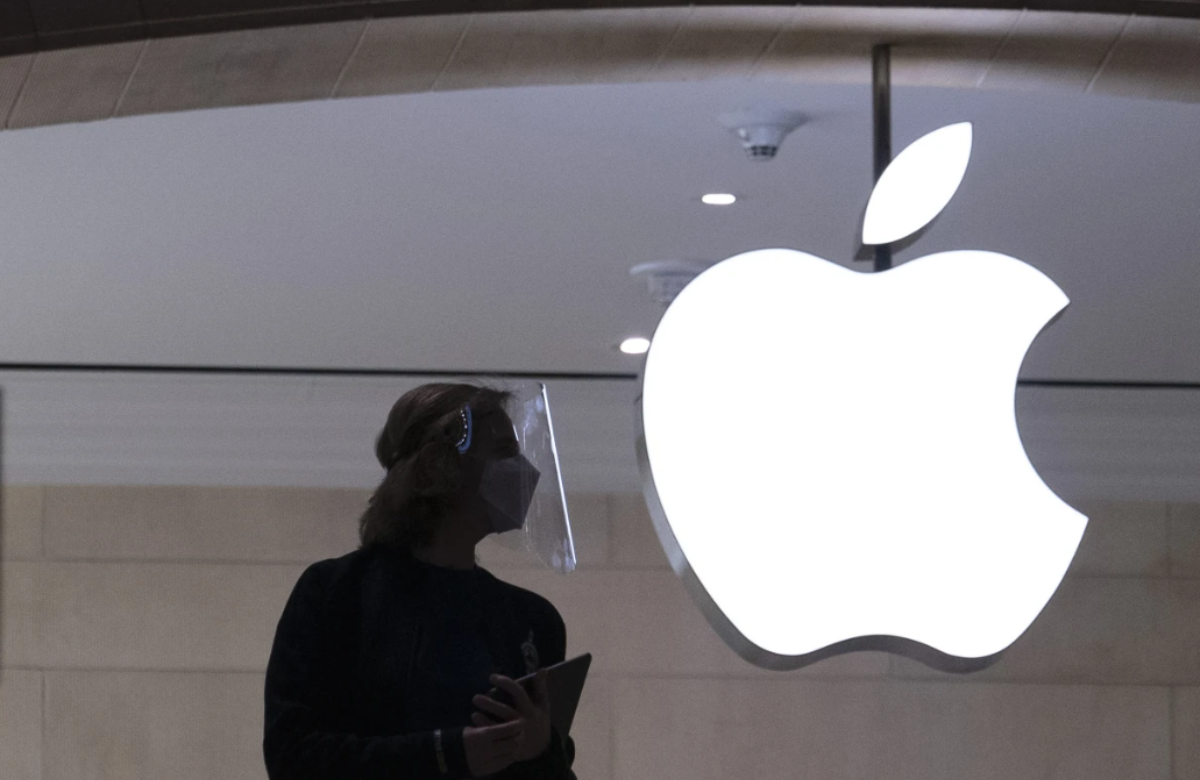On Tuesday, the U.S., U.K., and Australia imposed sanctions on a Russian web-hosting service provider, Zservers, and two Russian individuals who manage the service, due to their involvement in supporting the Russian ransomware group LockBit.
The U.S. Treasury Department’s Office of Foreign Assets Control, along with their U.K. and Australian counterparts, sanctioned Zservers, which is a Russia-based bulletproof hosting provider. This type of service is designed to resist or evade law enforcement actions. The sanctions also targeted two Russian nationals operating Zservers.
According to the U.S. Treasury, Zservers gave LockBit access to specialized servers that could withstand law enforcement intervention.
LockBit ransomware attacks have resulted in over $120 million in extortion payments from thousands of victims worldwide. Operating since 2019, LockBit is the most widely deployed ransomware variant globally and continues to be highly active, according to the U.S. Cybersecurity and Infrastructure Security Agency.
Bradley T. Smith, the Acting Under Secretary for Terrorism and Financial Intelligence at the U.S. Treasury Department, stated on Tuesday that the sanctions highlight their shared commitment to dismantling all parts of the criminal network, no matter where they are based, in order to safeguard national security.
LockBit has been linked to several high-profile cyberattacks, including those targeting airplane manufacturer Boeing, the Industrial Commercial Bank of China in November 2023, the U.K.’s Royal Mail, Britain’s National Health Service, and the international law firm Allen & Overy.
Ransomware is considered the most damaging and disruptive form of cybercrime, affecting local governments, court systems, hospitals, schools, and businesses. It is challenging to tackle since many ransomware gangs operate from former Soviet states, beyond the reach of Western law enforcement.
Tammy Bruce, a spokeswoman for the U.S. State Department, stated that Tuesday’s sanctions emphasize the United States’ dedication, in partnership with international allies, to fighting cybercrime and dismantling the networks that allow cybercriminals to target citizens.













